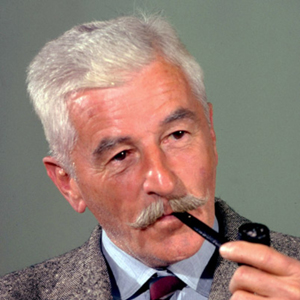I Hate You, My Lovely France!
Hamid Andishan tells us how Sartre, a philosopher of freedom, had problems with the politics of the land of liberté, and how this affected his view of human rights. Have you ever heard of someone loving and hating something at the same time? It can lead to madness, or at least, to profound anguish. The …


